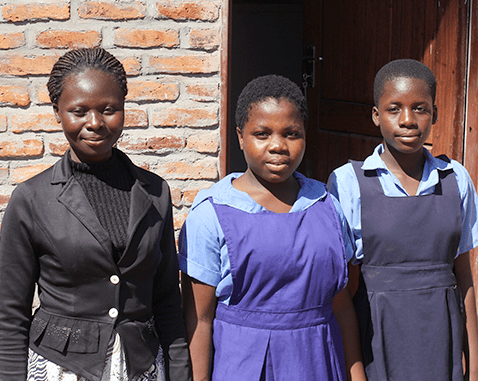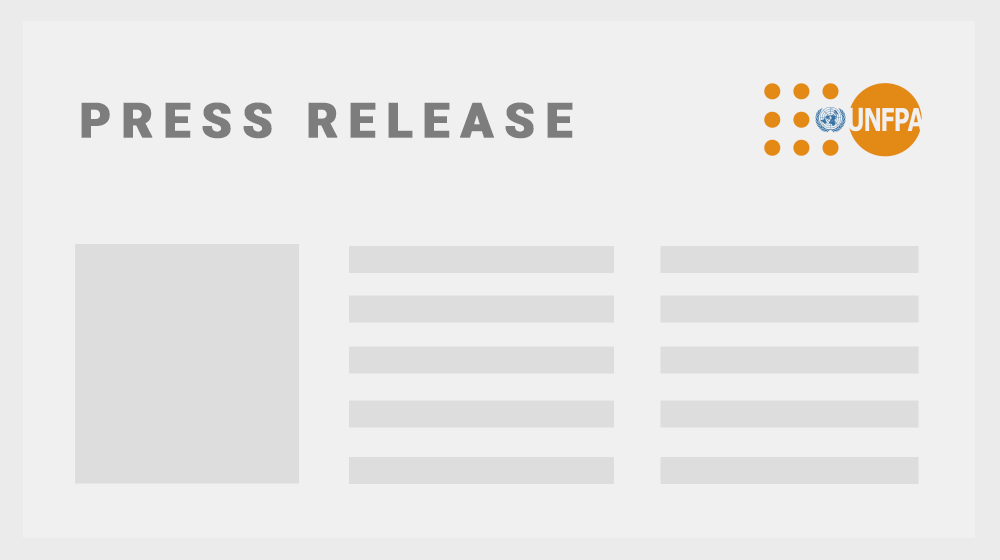Malawi is among the poorest countries in the world and is vulnerable to weather-related disasters, including droughts, floods and cyclones. High dependence on agriculture exacerbates the impact of climate shocks, which contribute to failing harvests. Food insecurity forces women and girls to travel longer distances to collect food and water, thereby exposing them to increased risk of gender-based violence. UNFPA provides sexual and reproductive health services to people affected by crisis and supports GBV prevention and response mechanisms in Malawi.
Humanitarian needs
Last updated on - June 2024
Total people in need
Humanitarian funding
Resources in US$
Key humanitarian results 2023

Women assisted to deliver babies safely in UNFPA-supported facilities

People Targeted by UNFPA

People in need

Adolescents and youth (10-24) reached with SRH services

People reached with Family Planning Services in UNFPA-supported facilities

People reached with SRH information and awareness activities in person

People reached with GBV prevention, mitigation and response activities

People reached with SRH services

People reached with awareness-raising activities and GBV-lifesaving information in-person

Dignity kits and/or other Non-Food Items distributed

Safe Spaces for women and girls, supported by UNFPA

Youth Spaces supported by UNFPA

Health facilities supported by UNFPA

SRH mobile clinics supported by UNFPA and run by UNFPA Implementing Partners

Personnel trained on the Minimum Initial Service Package (MISP) for SRH

Non-specialised GBV humanitarian workers / frontline workers who were trained /oriented on GBV core concepts and guidelines
- Results data are reported and updated as they become available.
- -Targets and UNFPA's populations of concern, including women of reproductive age and pregnant women, are estimated using the MISP calculator.
- -Funding estimates are based on country planning processes, including inter-agency humanitarian response plans and regional refugee and resilience plans.




